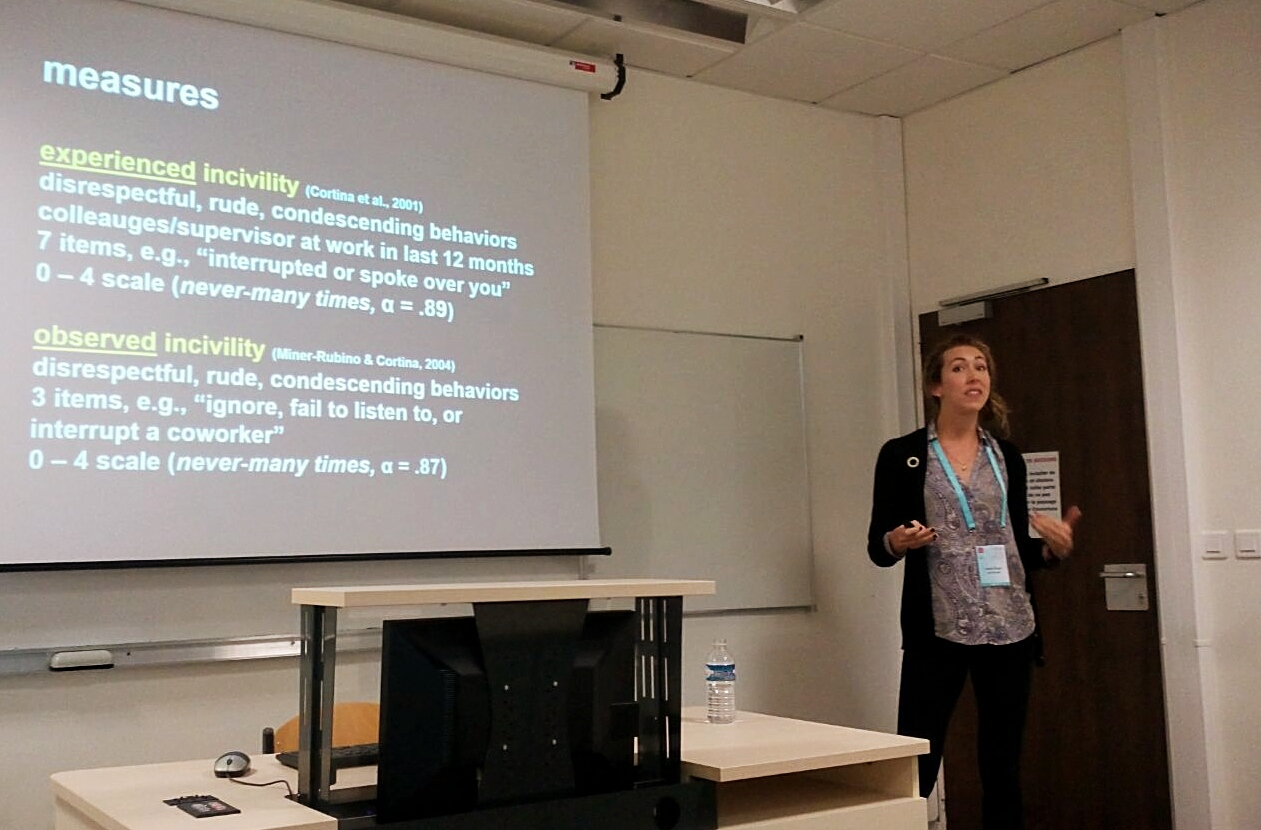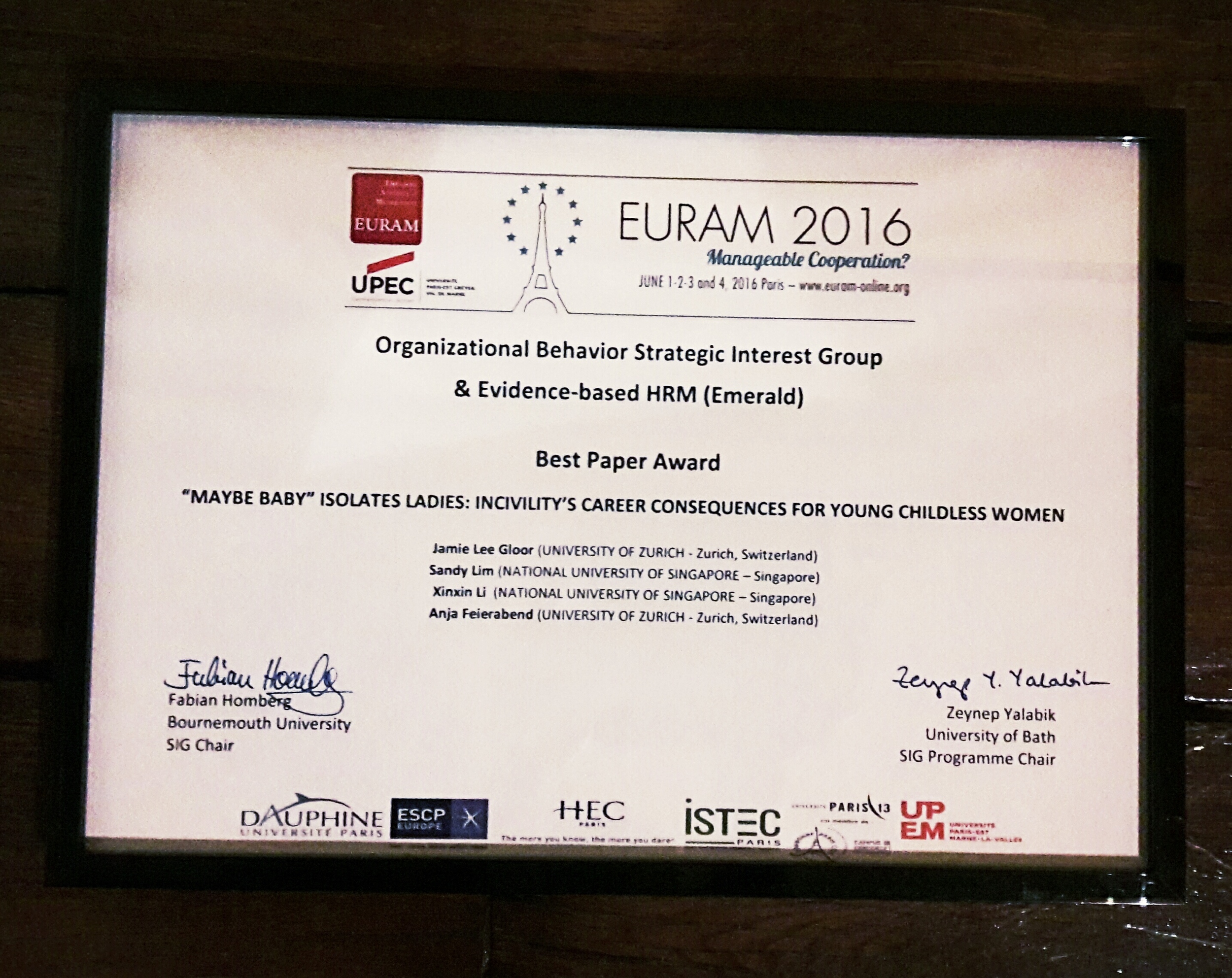Predictors of parental leave support: Bad news for (big) dads and a policy for equality
Jamie Gloor
We are very pleased to share that our new paper on coworker support for parental leave is now published in Group Processes & Intergroup Relations. This article is part of a special issue on addressing gender inequality, edited by Prof. Dr. Michelle Ryan and Dr. Thekla Morgenroth.
Although men typically benefit from widely held gender biases in employment (e.g., selection, promotion, and pay), they are often disadvantaged when it comes to work-life. This interferes with fathers' ability to care for their children, but it may also hinder women's career development, thus reinforcing traditional gender roles and sustaining challenges to balance work and family for men and women. Best practices specify that benefits should be equally available to employees, but such policies may only be effective if there is a work culture to support them. As coworkers' responses have not yet been tested, we examine for whom coworkers show the most (and least) support for parental leave (Study 1), we replicate this finding using different methods and show the process whereby employee characteristics influence coworker support for their parental leave (Study 2), and then we test a policy-based intervention to further increase equality in coworker support for parental leave (Study 3).
Gloor, J. L., Li, X., & Puhl, R. M. (2018). Predictors of parental leave support: Bad news for (big) dads and a policy for equality. Group Processes & Intergroup Relations, 21(5), 810-830. doi: 10.1177/1368430217751630
This paper's findings and implications are relevant to our current ForGenderCare project at Professor Peus' chair at TUM. You can find the full publication here.








